If someone had told Maggie Quick four years ago that she would be graduating from Wake Forest with a degree in classical studies, she probably wouldn’t have believed it. Having grown up in the small town of Denton, Md., where the population was smaller than the undergrad population at Wake Forest, she was eager to go to a bigger state university to study science.
She applied to Wake Forest at the last minute and decided, in the middle of the COVID-19 pandemic, to attend the school. She admittedly had not been a prolific reader growing up, so she was surprised to find herself totally fascinating in Dr. Michael Sloan’s Greek Mythology class.
“I grew to love reading and committed to taking Ancient Greek and Latin for the rest of college,” Quick said. “I began to really love classics.”
She finds classics to be very foundational and is interested in how studying them forms the human mind in specific ways. The discipline it cultivates has transformed her life from day to day, as she has developed a regimented routine and deepened her understanding of what it means to be human.
“I never had any classics in my education until I got to college,” she said. “I see how not having it affected my own intellectual capacity and ability to retain information. Their stories make me think about my own story and my own life, and how I want to live.”
As she’s transitioned through various stages in her life, she finds herself relating to the characters in the ancient stories and turning to them for guidance in her own life. Currently, she finds herself resonating with Achilles in particular, as his story focuses on forgiveness through humility with a pinch of anger. However, her connection to mythic figures often shifts based on her own life.
“I am coming to actually know myself, and these stories have gradually helped me put together different pieces [of] my life,” Quick said.
The Classics Department is a small but dedicated community. Quick has spent many hours with the same select classmates translating “The Odyssey” to English and discussing with Dr. Amy Mars and her peers. She says that Classics draws in an exciting range of individuals, which makes classes always interesting.
“You never know what to expect,” Quick said. “It’s just really fun to come to class and be with all different types of people.”
Outside of the classroom, Quick often goes on runs, backpacks, listens to folk music or attends Reformed University Fellowship (RUF) events. After graduating, she plans to get her master’s in Business Management (MSM) from Wake Forest while working as a direct care provider for a girl with special needs. Eventually, she wants to become a K-12 principal at a school that emphasizes classics.
Quick’s academic and personal lives have had many twists and turns throughout the past four years and have left her in a place that she would have never guessed. She is fulfilled and yet constantly evolving into newer versions of herself.
When asked what she wanted people to know about her, she paused before giving a small smile and laugh.
“I would say I’m full of surprises,” she said, smiling. “I think I’m a very unexpected person.”


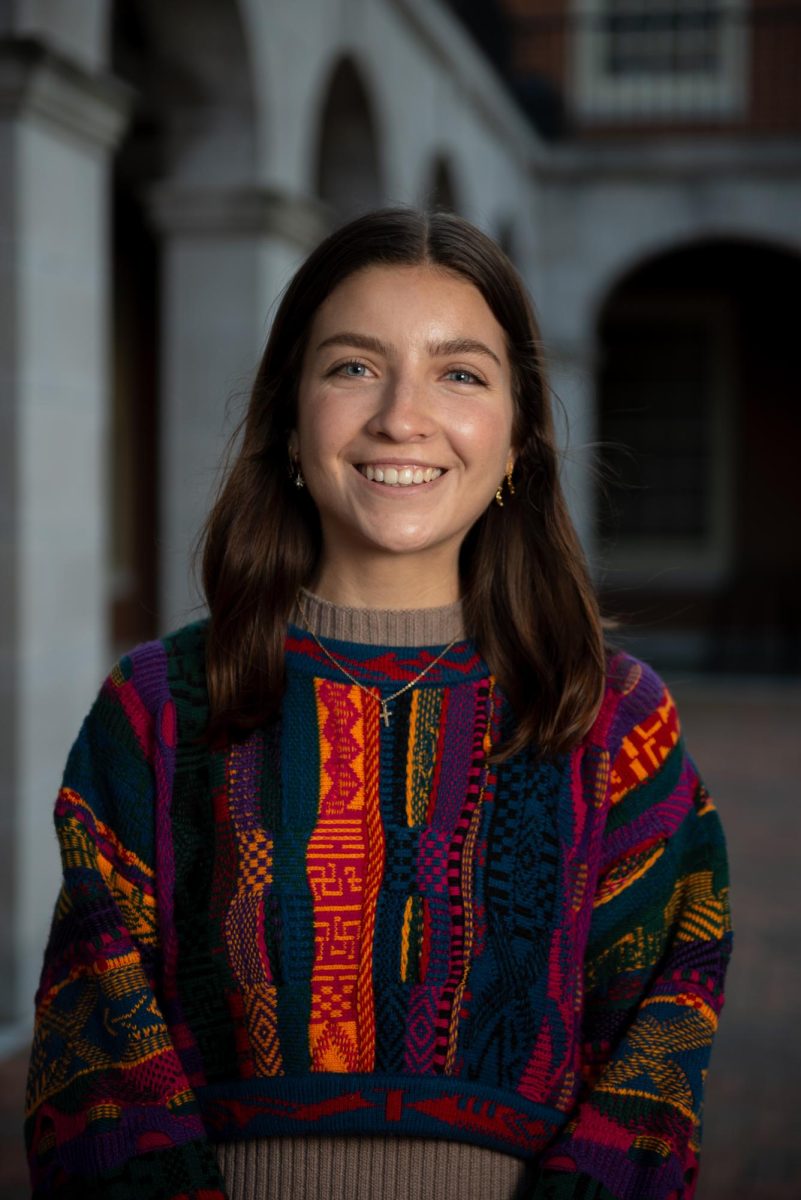
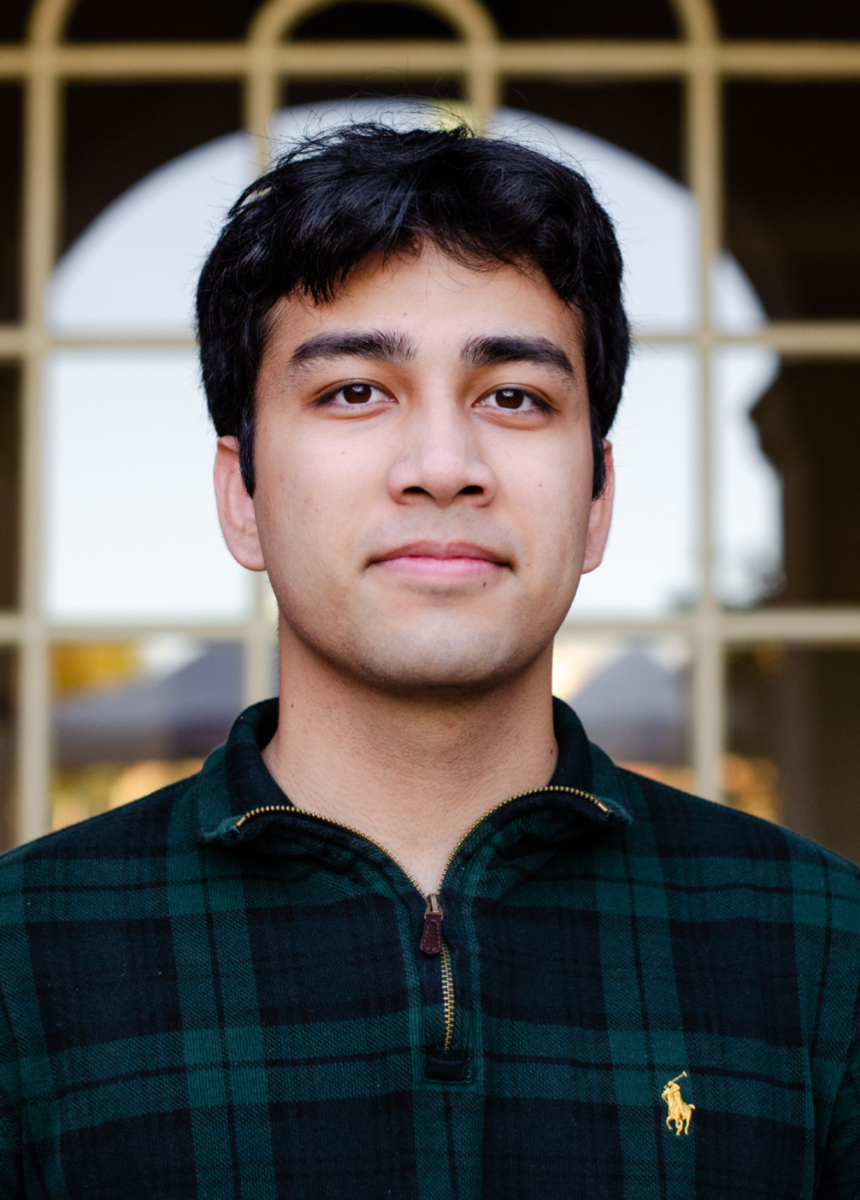
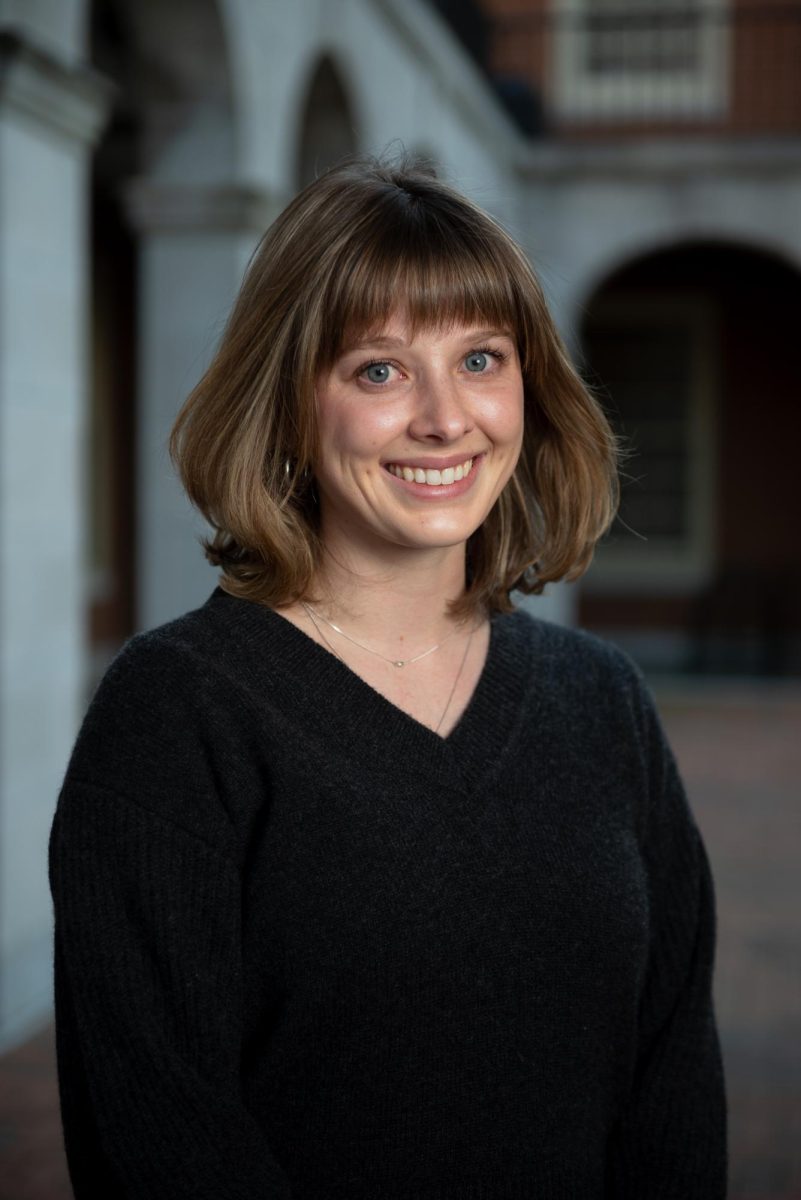
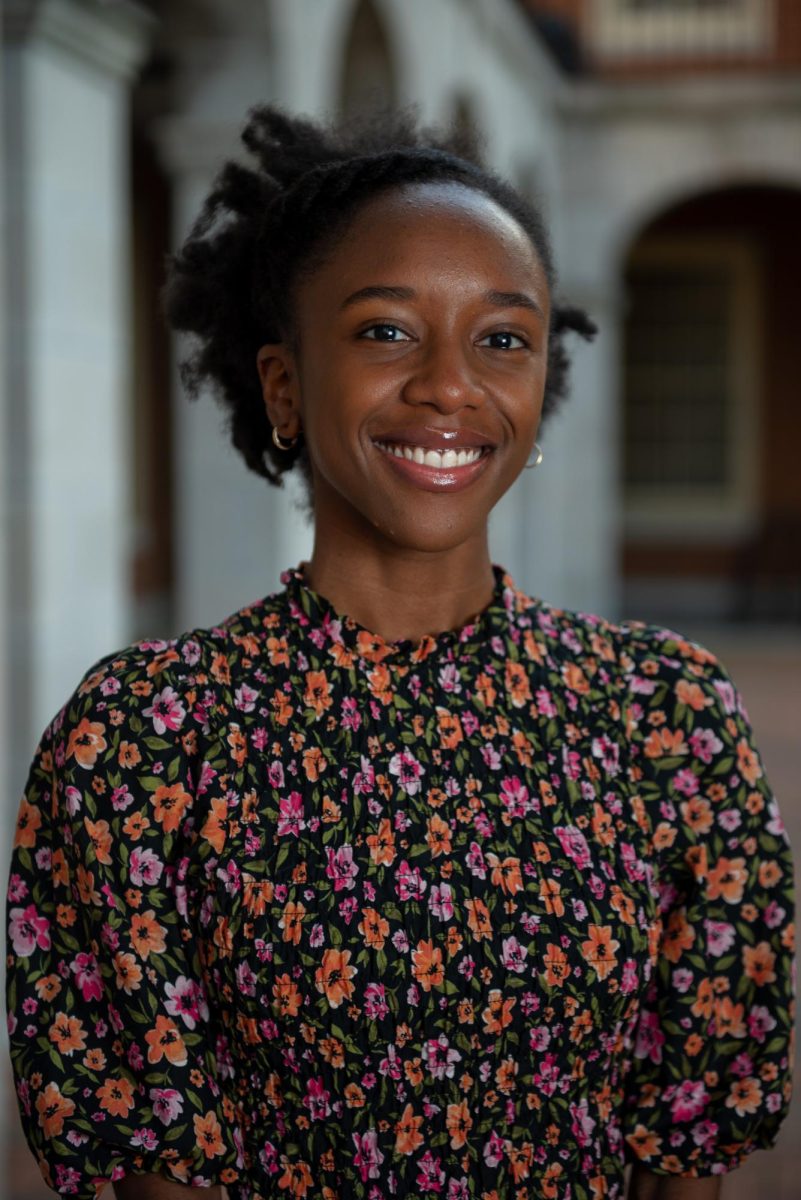
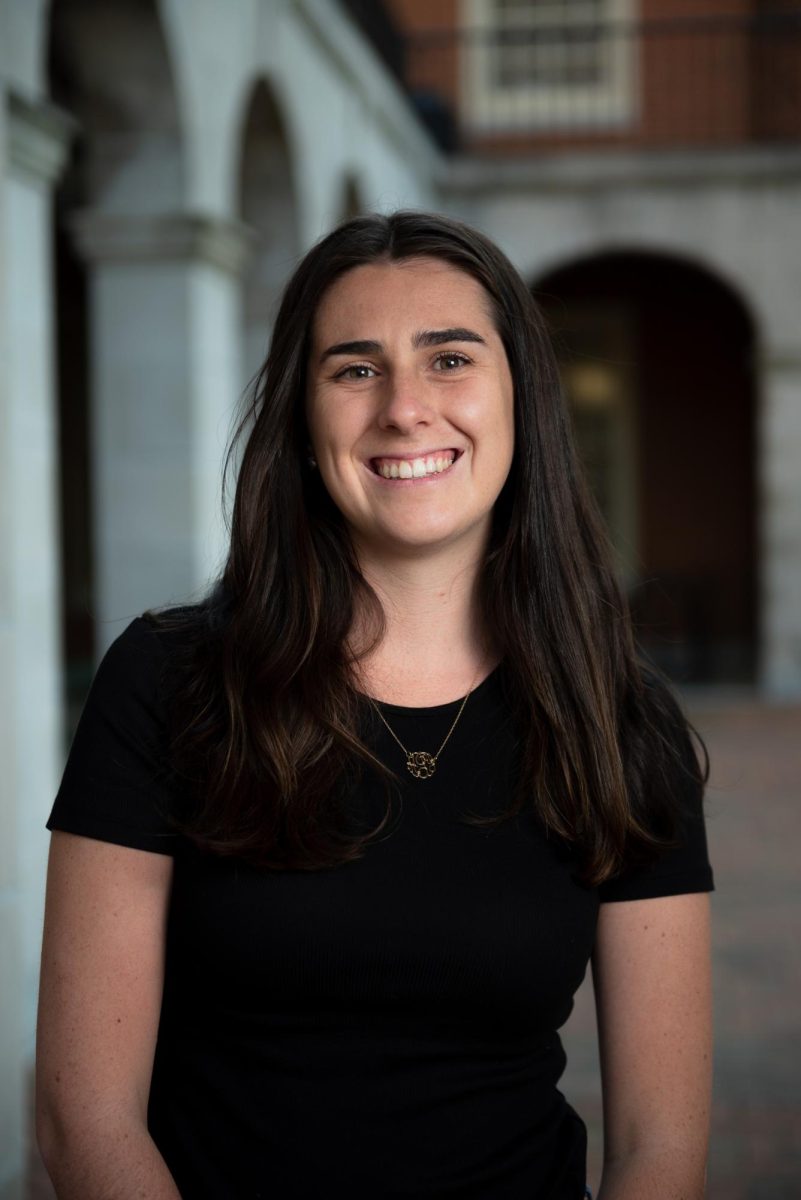
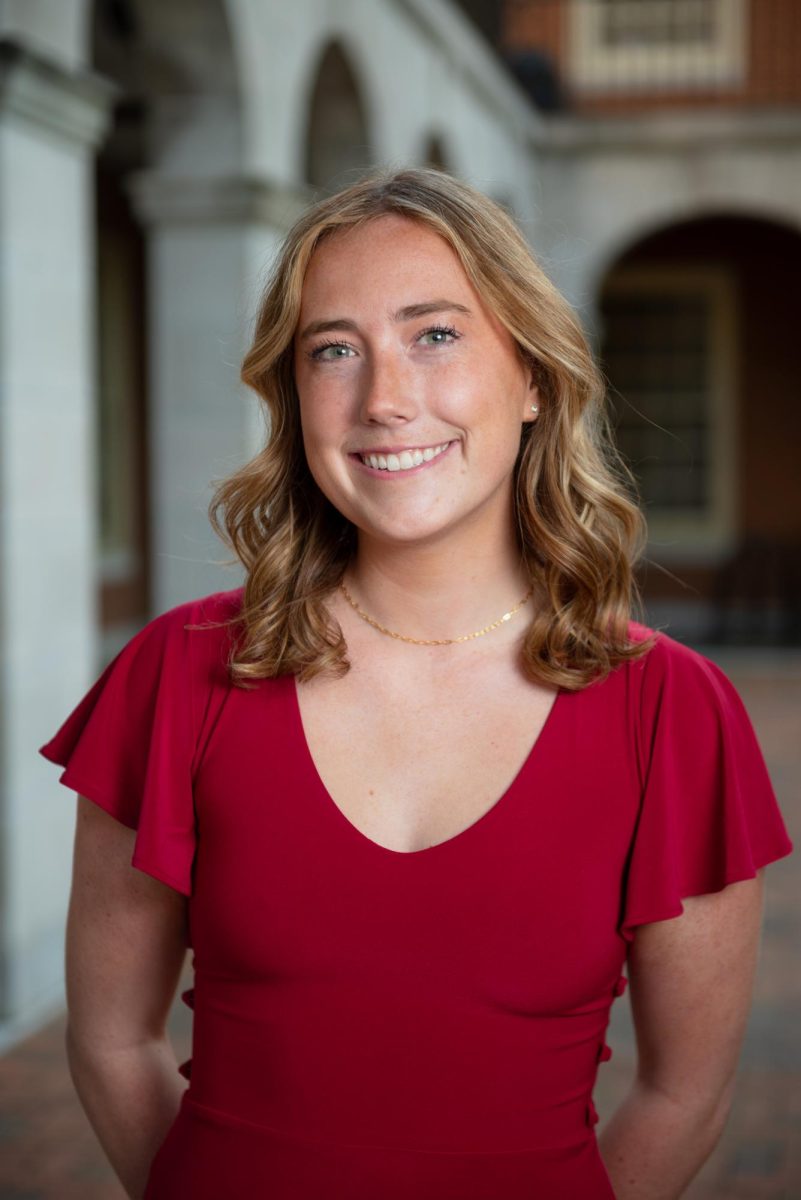
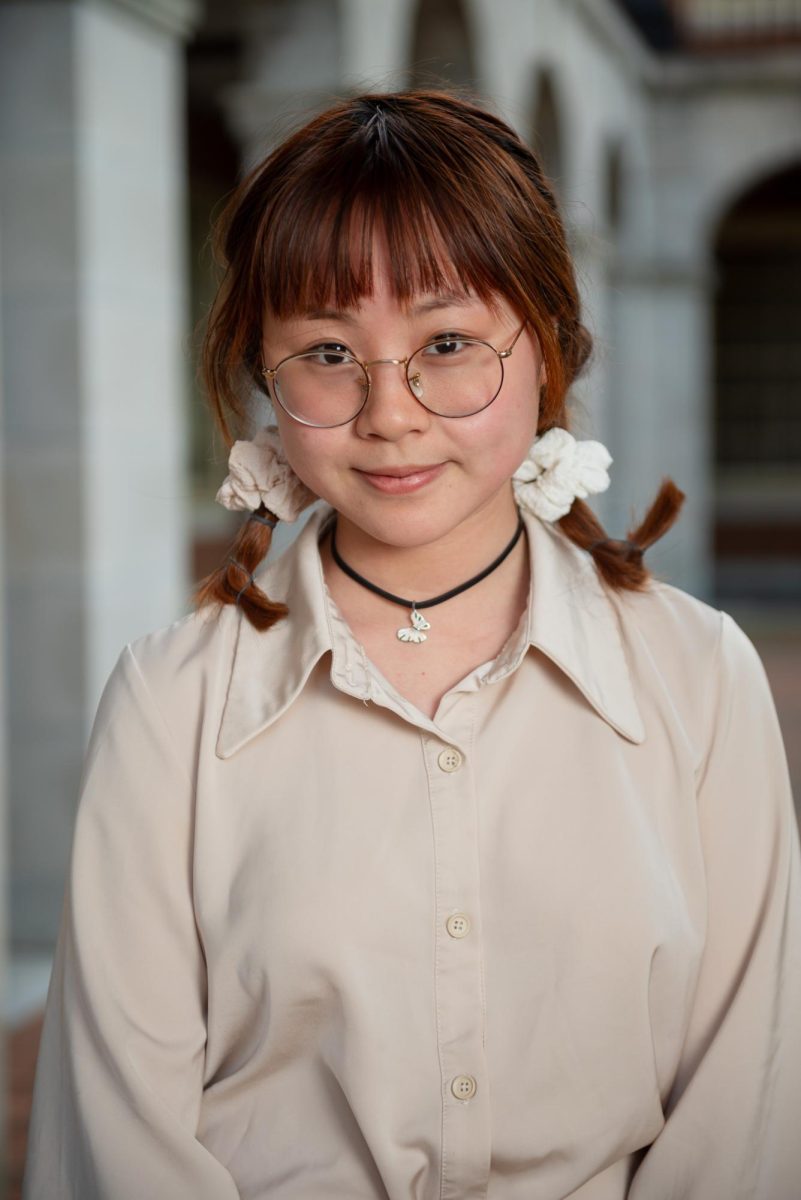
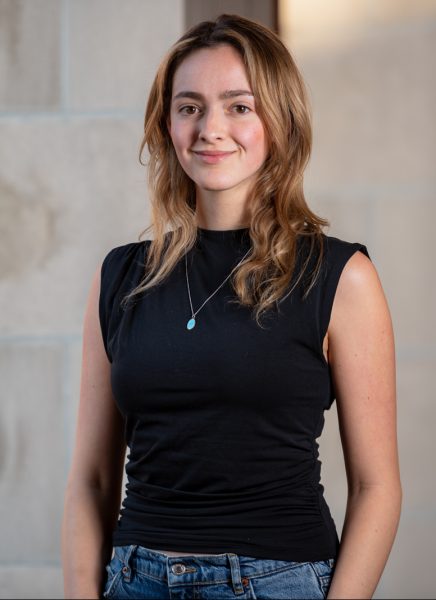
Patricia Klintberg • May 8, 2024 at 7:39 pm
Maggie, your Mother and I are friends and I even know your grandparents—so glad you found the classics—I found philosophy and was totally immersed in each new aspect of it—plus great background for writing—and knowing how to write can take you anywhere you want to go! Patricia Klintberg